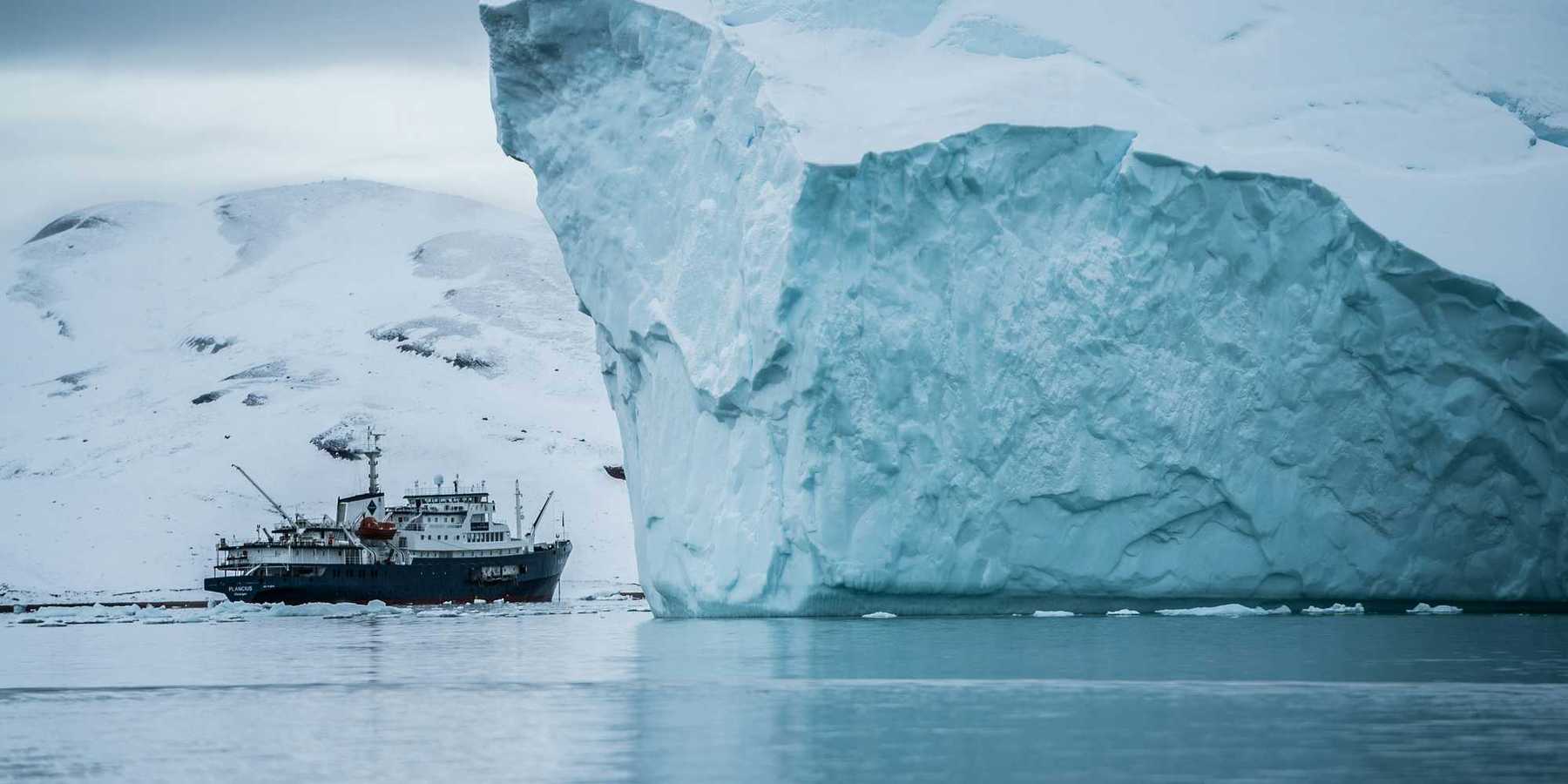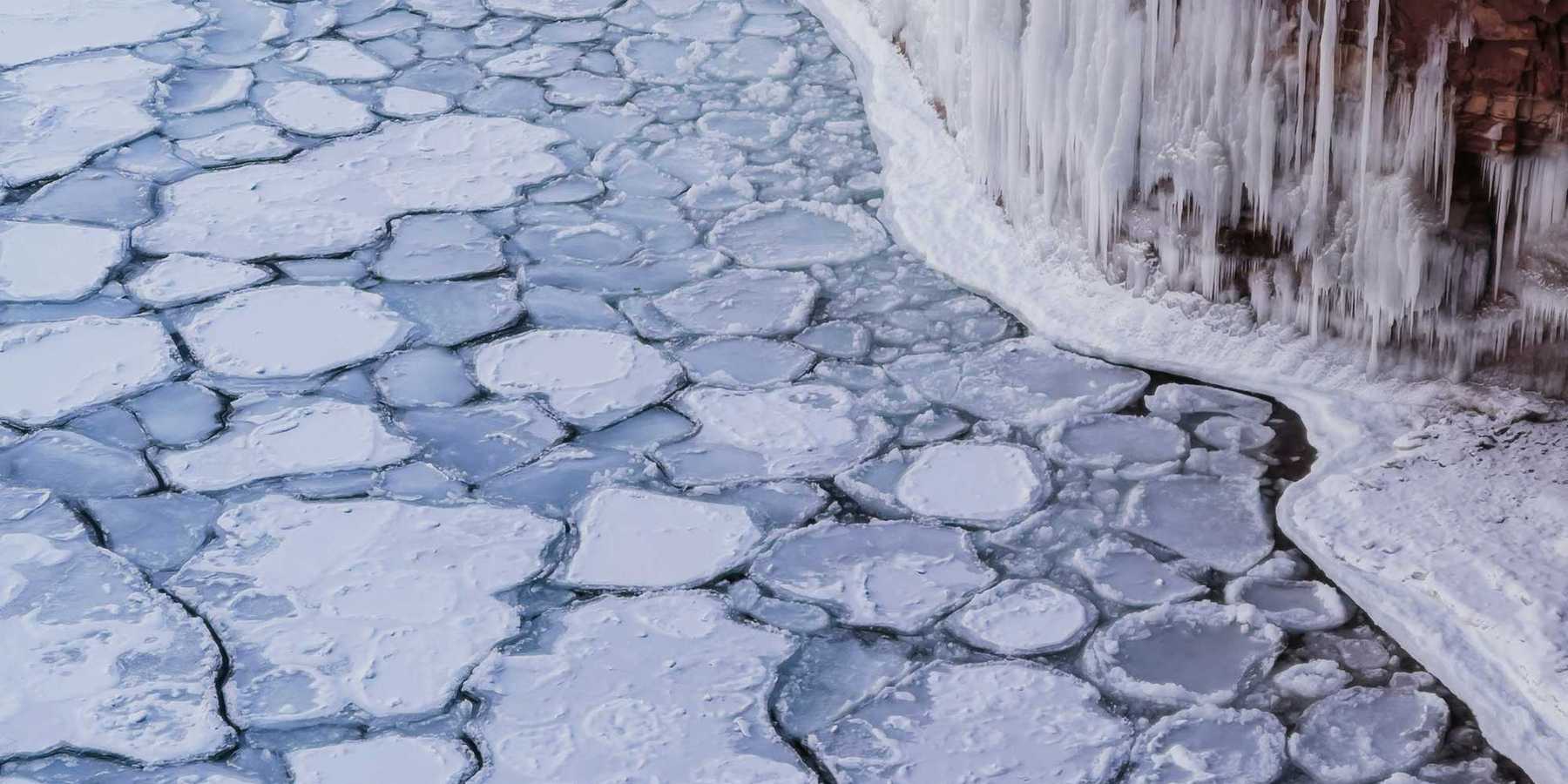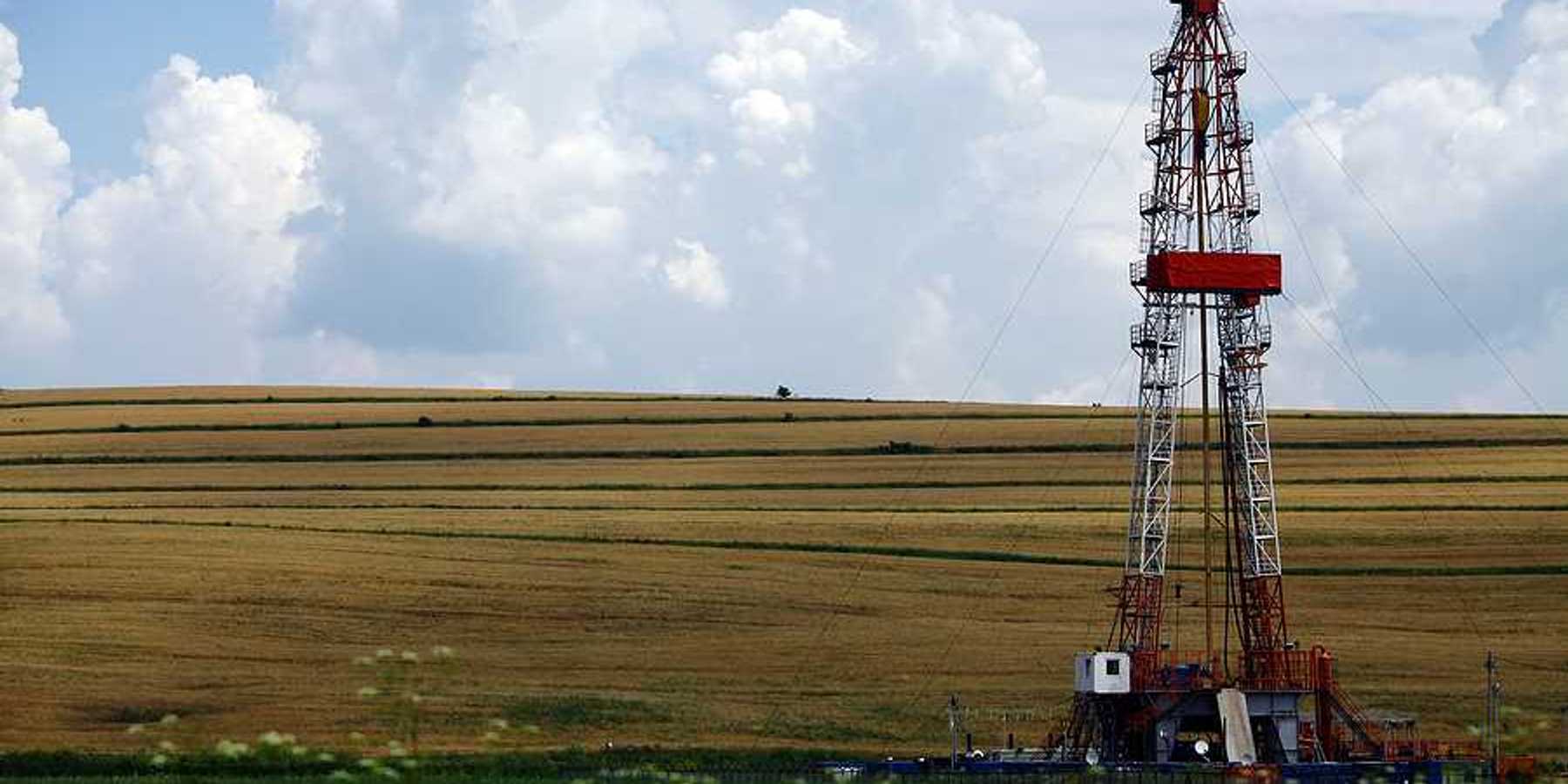Nuclear power may make a comeback as fears begin to shift
As the world faces increasing demand for low-carbon energy, some experts argue that nuclear power should play a bigger role in the global transition to renewables despite lingering fears from past disasters.
In short:
- Nuclear power once symbolized a future of cheap, abundant energy, but accidents like Chernobyl and Fukushima damaged its reputation.
- Some nations closed nuclear plants after accidents, replacing them with fossil fuel plants, which increased carbon emissions.
- Proponents believe small modular reactors and improved technology could ease public fears and complement wind and solar power.
Key quote:
"It would be a crime to close down nuclear power plants that function perfectly fine, as they have done in Germany, but also in other countries."
— Marco Visscher, environmental journalist and author of a new book on nuclear power
Why this matters:
As climate change accelerates, reliable and low-emission energy sources are critical. Relying solely on renewables may not completely meet global energy needs, and proponents of nuclear energy argue that nuclear could provide consistent power and reduce dependence on fossil fuels. On the other hand, plenty of questions remain about the environmental risks associated with mining, processing and transport of radioactive materials and the long-term storage of nuclear waste.













